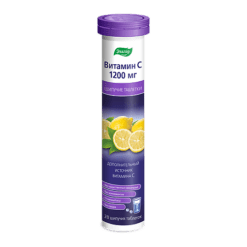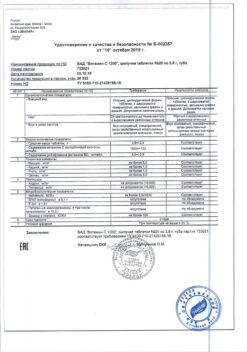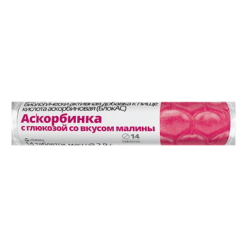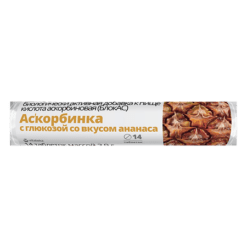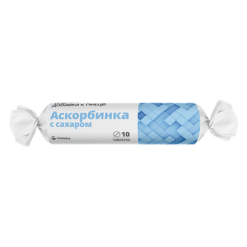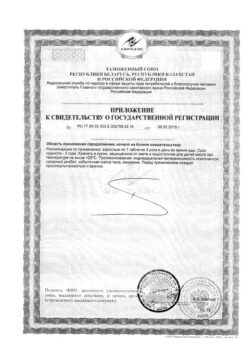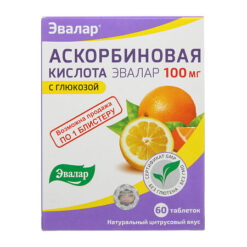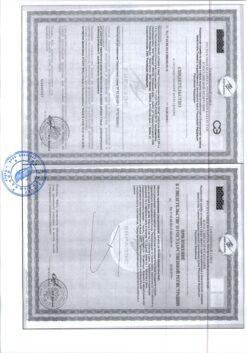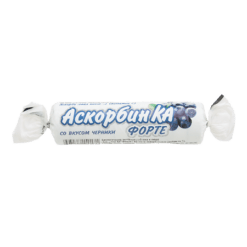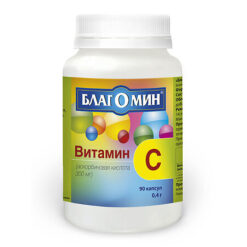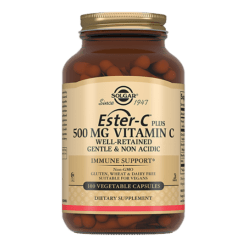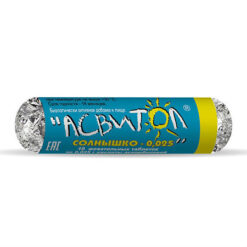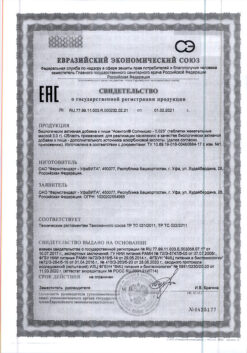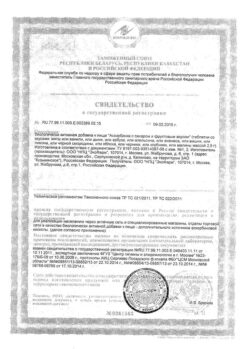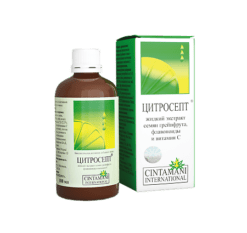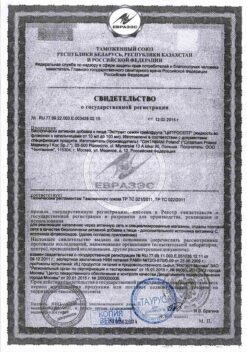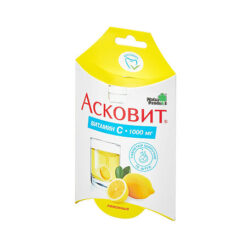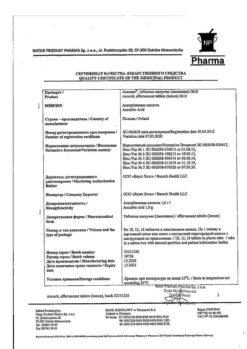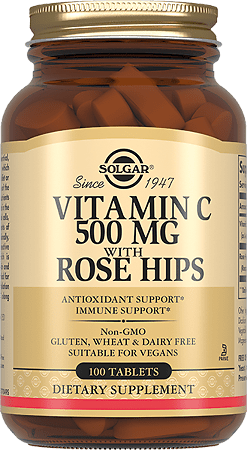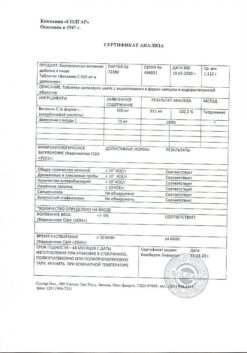No products in the cart.
Ascorbic acid with glucose, tablets 100 mg 40 pcs
€3.34 €2.97
Description
Pharmacotherapeutic group: vitamin.
ATX code: A11GB.
Pharmacological properties
Pharmacodynamics
. Ascorbic acid plays an important role in the regulation of redox processes, carbohydrate metabolism, blood coagulation, tissue regeneration, helps to increase the body’s resistance. Ascorbic acid (vitamin C) is not formed in the human body, and comes only with food. With a balanced and nutritious diet, a person does not experience a deficiency of vitamin C.
Dextrose participates in various processes of metabolism in the body, enhances redox processes in the body and improves the antitoxic function of the liver.
Pharmacokinetics
Dextrose is fully absorbed by the body, is not excreted by the kidneys (appearance in the urine is a pathological sign).
Indications
Indications
Hypo- and avitaminosis C; increased need for ascorbic acid (period of intensive growth, pregnancy, lactation, increased physical activity, period of recuperation).
Composition
Composition
How to take, the dosage
How to take, the dosage
The drug is taken orally, after meals. It can be crushed before use.
For prophylactic purposes it is prescribed:
– adults – 50-100 mg/day;
– children from 6 to 14 years – 50 mg per day, children from 14 to 18 years – 75 mg per day;
– during pregnancy and lactation – 300 mg/day for 10-15 days, then 100 mg/day.
For therapeutic purposes it is prescribed:
– adults – 50-100 mg 3-5 times a day;
– children 50-100 mg 2-3 times a day.
The maximum daily dose for adults is 1000 mg, for children – 500 mg.
The period of treatment depends on the nature and course of the disease and is recommended by the doctor.
Interaction
Interaction
Ascorbic acid increases the blood concentration of benzylpenicillin and tetracyclines; at a dose of 1 g / day increases the bioavailability of ethinylestradiol (including those included in oral contraceptives).
It improves intestinal absorption of iron preparations (converts trivalent iron to divalent iron); it may increase iron excretion in concomitant use with deferoxamine.
Decreases the effectiveness of heparin and indirect anticoagulants.
Special Instructions
Special Instructions
Due to the stimulating effect of ascorbic acid on the synthesis of corticosteroid hormones it is necessary to monitor renal function and BP.
Long-term use of high doses may suppress pancreatic insulatory function, so it should be regularly monitored during treatment.
In patients with increased iron content in the body ascorbic acid should be used in minimal doses. Prescribing ascorbic acid to patients with rapidly proliferating and intensely metastatic tumors may worsen the course of the process.
Ascorbic acid as a reducing agent can distort the results of various laboratory tests (blood glucose, bilirubin, liver transaminase activity and LDH).
Contraindications
Contraindications
Cautions
Diabetes mellitus, glucose-6-phosphate dehydrogenase deficiency; for high-dose use, hemochromatosis, sideroblast anemia, thalassemia, hyperoxaluria, nephrourolithiasis.
Overdose
Overdose
Symptoms: when used more than 1 g – headache, increased CNS excitability, insomnia, nausea, vomiting, diarrhea, hyperacid gastritis, ulceration of the mucosa of the GI tract, inhibition of pancreatic insular apparatus function (hyperglycemia, glucosuria), hyperoxaluria, nephrolithiasis (from calcium oxalate), damage to the glomerular apparatus of the kidneys, moderate pollakiuria (when taking a dose over 600 mg/day.).
Decreased capillary permeability (possible deterioration of tissue trophism, increased BP, hypercoagulation, development of microangiopathies.
Additional information
| Shelf life | 1 year. Do not use after the expiration date stated on the package. |
|---|---|
| Conditions of storage | B at a temperature of 15° to 25° C. |
| Manufacturer | Pharmstandard-UfaVITA, Russia |
| Medication form | pills |
| Brand | Pharmstandard-UfaVITA |
Other forms…
Related products
Buy Ascorbic acid with glucose, tablets 100 mg 40 pcs with delivery to USA, UK, Europe and over 120 other countries.


